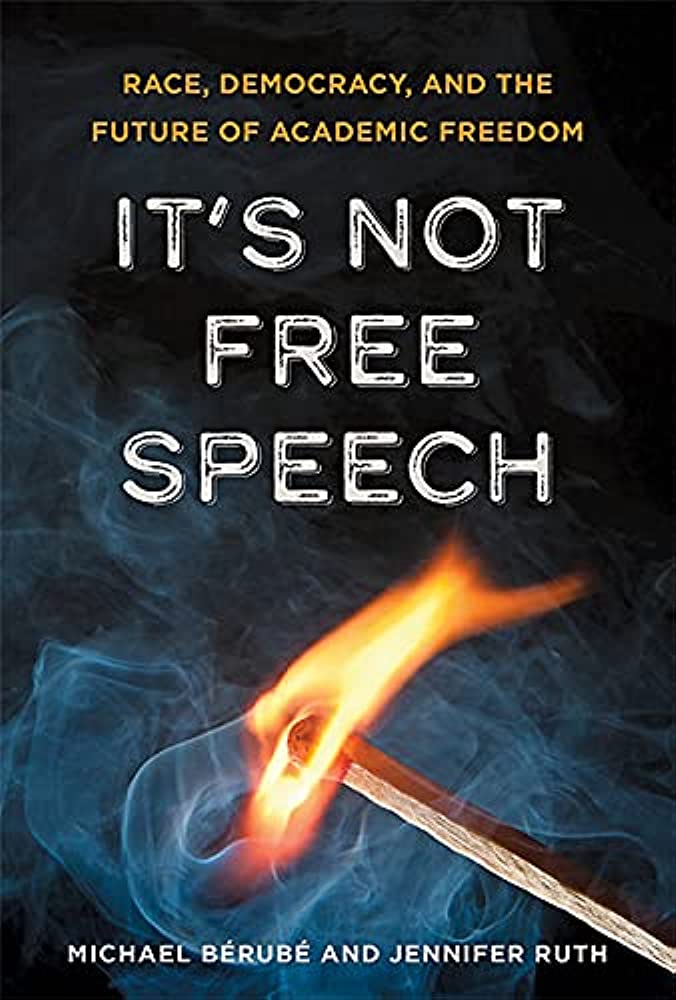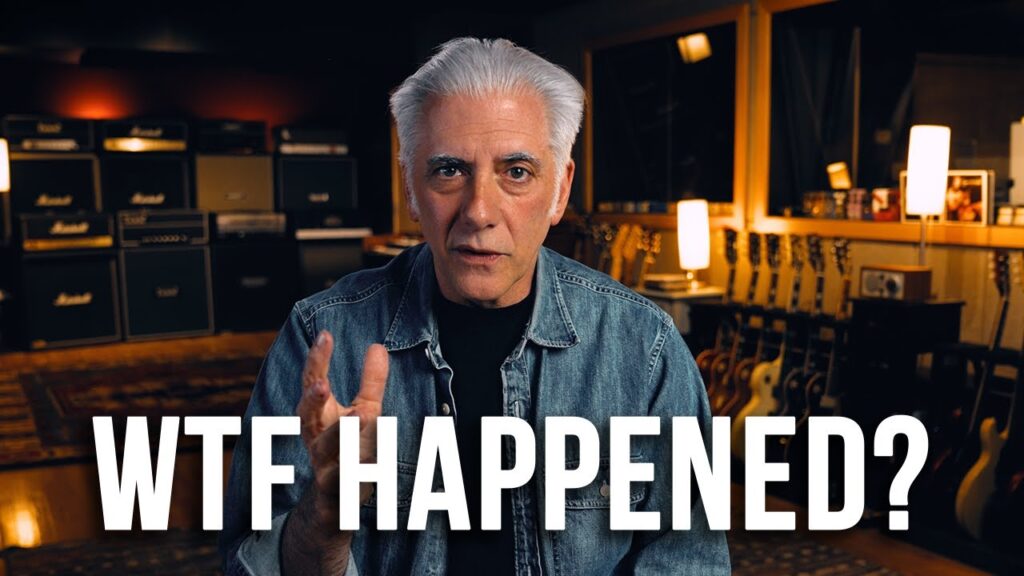Democratic competence is the rationale for academic freedom, and the tenure system and the policies and procedures built up over the last century by the American Association of University Professors are its infrastructure. Ron DeSantis, Glenn Youngkin, and the like have decided to set academic freedom on fire by issuing bill after bill abolishing tenure and asserting government control over curricula.
On February 5, The Washington Post reported that the Koch network will endorse a single Republican candidate for the 2024 presidential election. The ruling Koch ideology is—or at least used to be—libertarian, but libertarian and authoritarian interests have been converging over the last half decade. Perhaps it is more precise to say that libertarian ideology has paved the way for an authoritarianism that now has little use for it. Funding think tanks, academic centers, and fellowships for individuals in the media and academia who churn out stories decrying “left authoritarianism” in the mainstream and higher-ed press, the Koch network succeeded in portraying universities and colleges as places where left-wing mobs run rampant and conservative speech must be defended. This well-funded and well-coordinated network ushered in today’s world in which pundits and politicians like Governor DeSantis use authoritarian tactics to defend a homogeneous America they imagine once existed.
There is a fundamental difference between the left-wing authoritarianism they decry and the right-wing authoritarianism they now espouse: the latter is actually authoritarian. It uses the state—laws and funding—to control knowledge. LGBTQ+ and anti-racism scholarship and activism have influenced institutions from the outside and the inside—some of which belong to the state—but they are not ideologies dictated by the state. Until very recently, the nation’s universities retained control over hiring and firing, and curricular developments pertaining to racial and social justice were almost entirely driven by groups within the universities themselves. By contrast, Florida’s House Bill 999 would give the Board of Governors—political appointees—control over core curricula, enable the Board of Trustees to “initiate” a “tenure review” of any faculty member for any reason, and empower them to hire any faculty members they want.
The confused use of the term “authoritarianism” and the consequences this confusion has for higher education are themselves casualties of the widespread conflation of academic freedom and free speech. Because the public does not have an understanding of academic freedom as distinct from free speech, we struggle to explain why state-appointed board members deciding which faculty to hire and fire is a fundamental violation of it but a university’s faculty senate determining for itself whether or not to include diversity statements in evaluation procedures is not.
A state that controls curricula by criminalizing knowledge destroys academic freedom. Politicians can make demonstrably false claims; professors cannot. Academics have First Amendment rights, but we are held to the standards of our profession in our classes as well as when we make claims in peer-reviewed journals or submit our work to promotion and tenure committees or engage in intramural or extramural speech related to our areas of competency. We must meet collectively determined norms that may be challenged, but those challenges must, in turn, meet norms of coherence and relevance and gain some degree of collectively agreed-upon legitimacy. The terrain here is tricky, but it is controlled by practitioners in academic fields, not by businessmen appointed by partisan politicians—businessmen like self-described “serial entrepreneur and investor” Bert Ellis, who serves on University of Virginia’s “Board of Visitors.”
Ellis had to issue an apology recently when text messages he sent to other board members were published by The Washington Post, messages in which, to take one example, he calls Vice Provost Louis Nelson a “numnut who […] has nothing to do but highlight slavery at UVA.” Nelson is a scholar who co-edited a volume that “document[s] the burgeoning political rift over slavery as Jefferson tried to protect southern men from anti-slavery ideas in northern institutions.” Ellis’s apology is meaningless, given that his contempt for university administrators and faculty is a feature, not a bug, of his appointment and that the scholarship Nelson does is precisely the kind that Governor Youngkin, who appointed Ellis, seeks to erase.
Banning the 1619 Project, critical race theory, resource pedagogies, and other forms of knowledge gained over the last half century suppresses free speech, but that is not the primary problem. The problem is that this work has earned the protection of academic freedom by having been vetted by peers. The anti-CRT and “divisive concepts” legislation are violations of academic freedom in an allegedly democratic country because they usurp the authority of faculty to determine what counts as knowledge in their areas of expertise and substitute partisan politicians in their place.
The education gag orders, the elimination of tenure, the maneuvering to restructure public universities so as to bring them under immediate control of politicians—much of this draws inspiration from the playbook of the United States’ premier culture-war grifter Christopher Rufo, a strategy he calls “Laying Siege to the Institutions.” “We have to get out of this idea that somehow the public university system is a totally independent entity that practices academic freedom,” Rufo says. Calling this idea “a total fraud,” he adds, “we go in there and we defund things we don’t like, we fund things we do like.”
It’s true that American universities are not “totally independent entities,” but the relative independence they have secured for themselves with the concept of—and infrastructure for—academic freedom is what distinguishes them from universities in authoritarian countries like Viktor Orbán’s Hungary, where the judiciary has been brought under the executive, the free press is delegitimized, and gender studies programs—and, for that matter, entire universities—have been closed for ideological reasons.
Everyone who cares about higher education is now in the awkward position of necessarily appearing partisan by fighting for the integrity of nonpartisan, controlled knowledge. There is no way around this catch-22. Republicans like DeSantis have pinned their hopes on the claim that educators are all woke “numnuts.” Defending education necessarily means renouncing bothsidesism and calling out the claims of one party. To some, what we say will be taken to confirm the very stereotypes of us that these politicians peddle. But some others will understand. And as more and more groups—eventually, in all likelihood, including the Koch Foundation—line up behind DeSantis, silence is not an option.
¤



